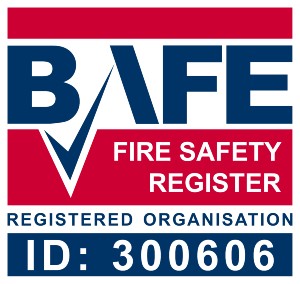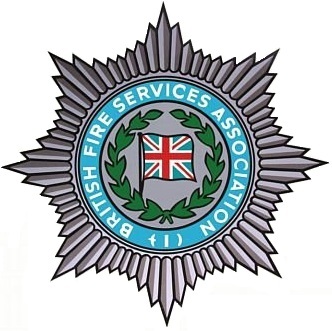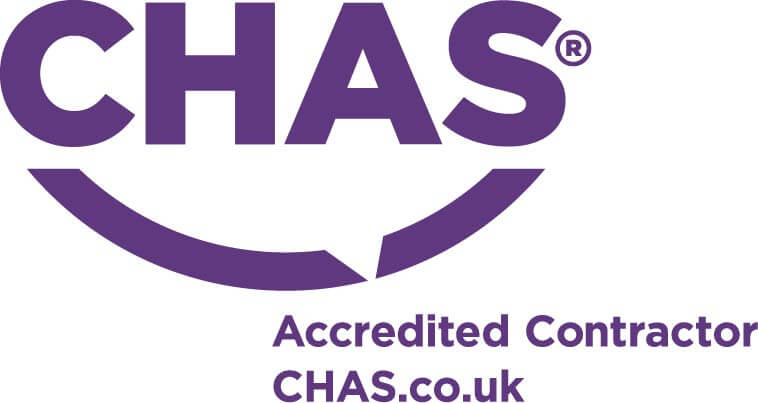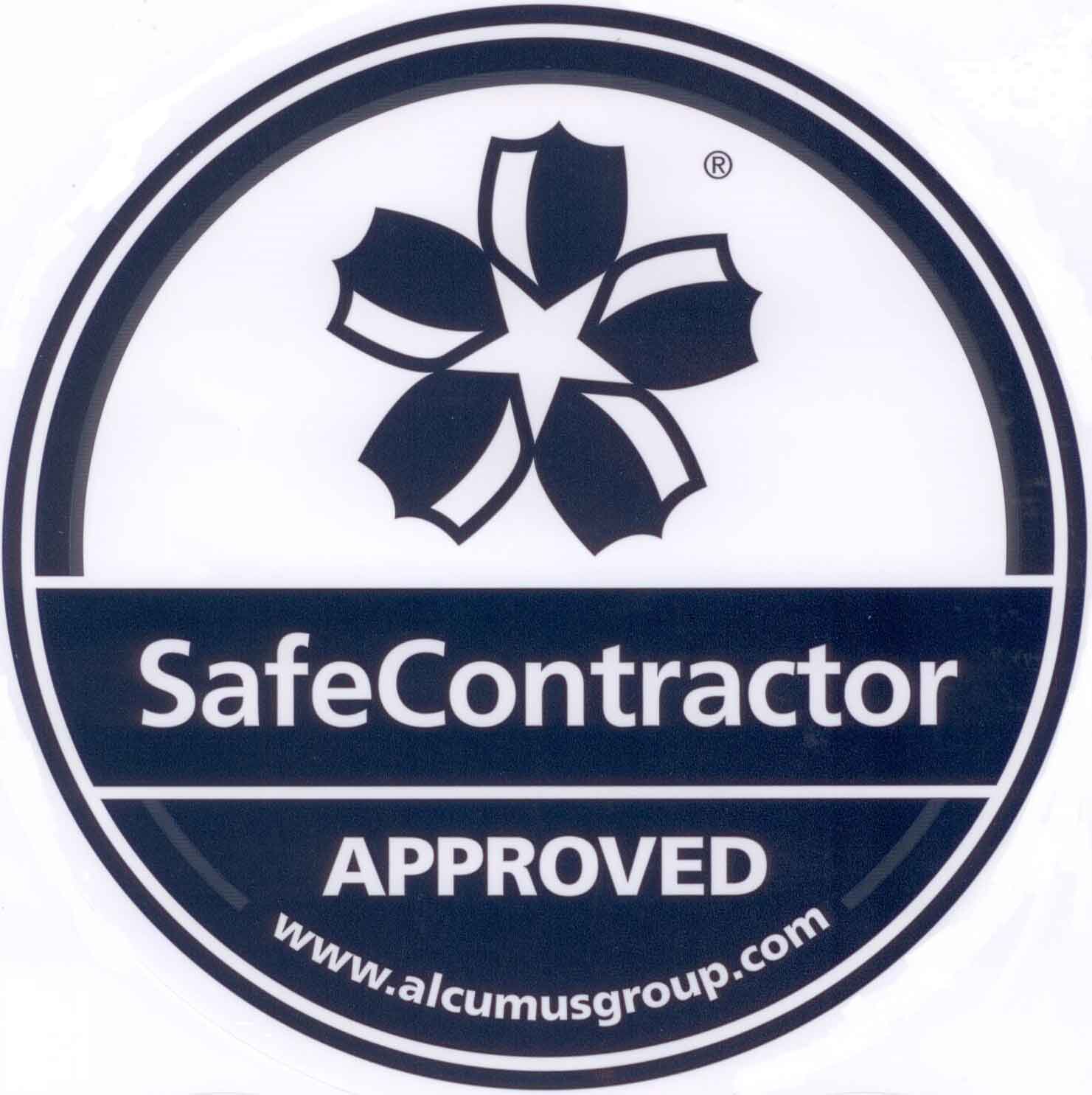What You Should Do in the Event of a House Fire
It is more than likely that you are aware of the best ways to protect you and your family from fires within the home. The importance of well-maintained well maintained fire alarms and fire extinguishers, installed by experts and periodically serviced, is well documented and is simply matter of course for most buildings throughout the UK.
However, knowing how best to prevent a fire is just as important as knowing what to do if one actually breaks out. This is why the experts at City Fire have compiled a list of vital, possibly life-saving, information to help you know and understand what to do in the event of a real fire…
Alert everyone
Whether you have discovered the fire yourself or have been alerted to a fire by your fire alarm, the first thing to do is try and stay calm and make sure you alert everyone else in the house. Do not try to investigate the fire or collect any valuables, simply call out to everyone in the property and try to assemble everyone together.
Get everyone out
You should already have an escape route planned which everyone in your home is aware of and familiar with, as this will make an evacuation as quick and simple as possible. This will normally involve exiting through the front door, as this will be the easiest route to take. However, it is possible that this way may be blocked so it is important to plan other routes as well, such as through back doors and windows.
Navigate your way through the house
If the fire is fairly serious, and especially if you have woken up to it rather than discovered it yourself, it may be possible that numerous rooms and exit-ways are affected by the blaze and, as a result, are unsafe. In this instance you should check internal doors with the back of your hand before entering a room. If they are warm do not enter them, as this means there is fire on the other side. If it is cool, open it slowly and with caution, inspecting the conditions on the other side before proceeding. As you leave your home only open the doors you need and try to close any open doors you can in an effort to slow the spread of the fire.
Protect yourself from smoke
If there is smoke within your property careful measures must be taken to avoid inhalation as much as possible. Smoke is toxic and smoke inhalation can cause people to become disorientated and can even render someone unconscious. If smoke is present you should crawl along the floor with your nose as close to the ground as possible, as this is where the air will be cleaner. It is also effective to place material, such as a t-shirt or towel, over your nose and mouth as this can help filter the products of combustion which lead to dangerous smoke inhalation.
If your clothes catch fire
In the event of your clothes catching fire amidst the blaze, it is crucially important to remember not to run around as this will fan the flames and make them burn faster. Instead, the best thing to do is lie down and roll around as this suppresses the flames and makes it more difficult for them to spread. Where possible it is also incredibly effective to smother the flames with heavy material, such as a coat, blanket or fire blanket.
Escaping from a window
If your escape route is blocked and you are on the ground or first floor, it may be possible to escape through a window. In this case you should throw bedding or cushions to the ground outside to try and break your fall. If the window will not open and you have to break it, use a heavy object to do so and cover any subsequent jagged edges with clothing, a towel or a blanket. It is important to remember not to jump out of the window. Instead, you should lower yourself down to arm’s length and then drop from there to the ground. If you have children or elderly or disabled people with you, coordinate the escape so you can help them down as safely as possible.
If you can’t get out
If the escape routes are blocked, or you can’t get out of the window due to its height, try and get everyone in the house into one room. Choose a room with a window if this is possible, as you can then open it to call for help or hang a sheet from it, preferably white as it is easier to see, in order to gain attention. It is important to seal the gap in the door with cushions, towels, clothing or bedding in order to try and block out the smoke.
Call 999
If you manage to evacuate the property, once you are out of the building you must call 999 to get the assistance of the Fire Brigade. You can call from a mobile phone, a neighbour’s house or a phone box and should give the address of the building on fire, including the town. Try and give as much information as you can, such as the type of building on fire, how serious the blaze is and if anyone is trapped inside.
Don’t go back in
Once you’re out and the Fire Brigade are on their way the best, most safe thing to do is find somewhere to wait near the building – although not too close to the burning structure. If there is someone still inside it is incredibly important to wait for the fire and rescue services to arrive. You can then tell them about the person once they get there and they will be able to find them much quicker and much more effectively than you can. As hard as it will be and as awful as it may seem, if you go back into the building it could actually hinder the rescue process as you will slow down the fire fighter’s efforts and you are also putting your own life in danger.
If you would like any more information on fire protection, fire safety and potentially life-saving fire equipment, contact the professionals at City Fire. We have a wealth of experience supplying, installing and maintaining a comprehensive selection of fire safety equipment and can advise you on the best way to keep your home, and your family, safe from the threat of fire.










